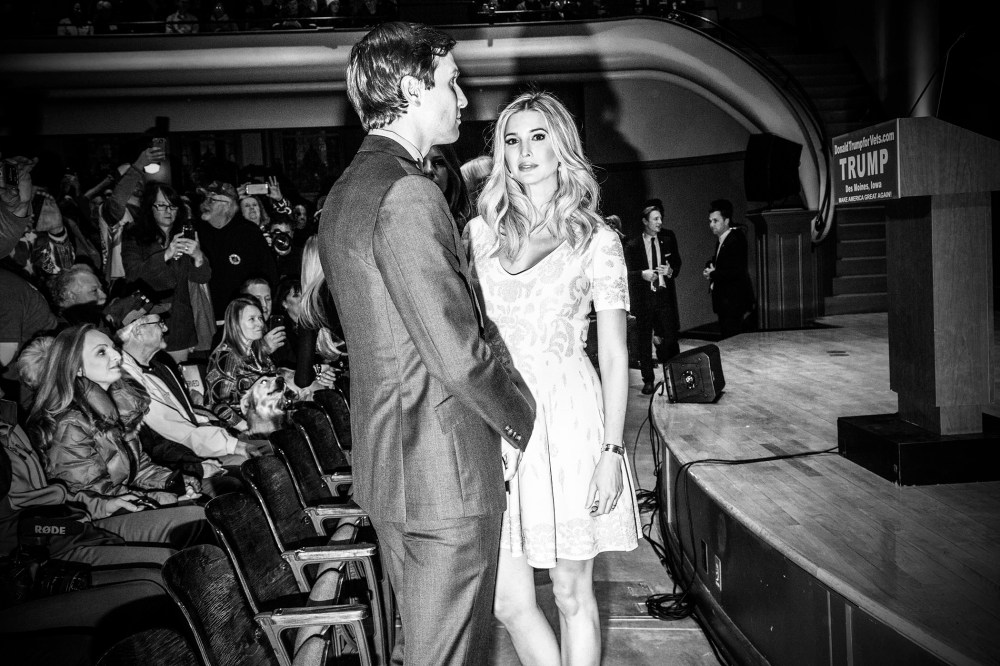In recent years, restrictions on voting in Republican-controlled states from Arizona to North Carolina and Texas to Wisconsin have kept large numbers of legitimate voters from the polls and sparked national outrage. But another state with voting rules almost as strict has largely escaped attention: deep blue New York.
Now, as Tuesday’s presidential primaries approach, the Empire State’s woeful record on access to the ballot is at last coming under scrutiny. That’s thanks in part to Donald Trump’s kids, Ivanka and Eric, who said they won’t be voting for their dad Tuesday in the GOP primary because they missed the deadline to change their party affiliation from independent to Republican. (New York, like many states, has closed primaries.) Ivanka blamed New Yorks “onerous” rules.
Trump’s lawyer and longtime consigliere Michael Cohen, a registered Democrat, has admitted he’s in the same spot.
New York’s deadline for party-switchers is a year and 25 days before the general election — the longest in the nation — meaning anyone who wanted to switch after October 9, 2015, is out of luck. This year, the rule is likely to particularly hurt Bernie Sanders’ campaign, which has so far been reliant on independent voters. Younger voters, who have flocked to Sanders’ bid, are less likely than their parents and grandparents to register with a party.
RELATED: Court ruling could soften Wisconsin voter ID law
But the strict rules on party-switchers in primaries are just the tip of the iceberg. The fact is, it’s harder to vote in New York — which ranked 43rd among states in turnout in the last presidential election — than in perhaps any other blue state. And efforts to increase access have struggled to gain traction.
Experts say that unlike in red states that lately have imposed voter ID and other restrictions, the issue isn’t one party rigging the game to try to gain an advantage. Rather, it’s that voting in New York, the nation’s third-largest state, has long been designed for the good of both parties, rather than for the voters.
“Our election laws are the way in which the party machines retain any viability,” said Susan Lerner, the executive director of Common Cause New York. “It’s a patronage-driven, party-driven system, and it’s not set up for voters.”
New York is one of just 13 states that offers no early voting, meaning many New Yorkers who have to work long hours have few options. Unlike many states, it doesn’t allow would-be voters to register on Election Day. And bills that would have the state automatically register anyone who has contact with the DMV — an idea that has moved ahead in many blue states and been passed by California, Oregon and even now West Virginia — have gone nowhere in Albany.
New York’s woeful record has even been used as a rhetorical cudgel by Republicans in other states looking to make voting harder. “I do not know why you are picking on Ohio,” Gov. John Kasich replied when MSNBC’s Chris Matthews asked him why he signed a bill to cut early voting in his state from six to four weeks. “Why don’t you go pick on New York?”
Jon Husted, Ohio’s secretary of state who has imposed further early voting cuts, has made the same argument.











